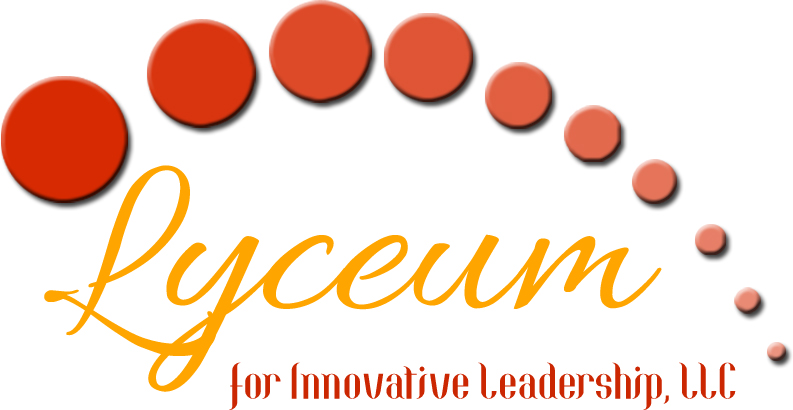 Recently I was in the grocery store and noticed one of the employees inspecting the fruit. Particularly, she was making sure that the fruit was appropriately stocked and fresh. When she encountered a couple of containers that had a few molded blueberries, she immediately communicated this issue to the produce employee. The young man came over to inspect the fruit that she identified and afterwards asked her “why are you doing this?” Her response was “this is what the manager asked me to do.” He gave her a look suggesting that this was a waste of time then proceeded to grumble a few words to the young lady. Being a customer who loves fresh produce, I appreciated the work this young lady was performing. I have often purchased a container of berries and been annoyed to find molded fruit in the container. Reflecting upon the exchange between the two employees, I, however, found it interesting that the employees did not understand the significance of their work and their impact on the organization. Particularly, how a poor product (i.e., fruit) can lead to unsatisfied customers, which, in turn, will lead to decreased sales. This inspired several thoughts:
Recently I was in the grocery store and noticed one of the employees inspecting the fruit. Particularly, she was making sure that the fruit was appropriately stocked and fresh. When she encountered a couple of containers that had a few molded blueberries, she immediately communicated this issue to the produce employee. The young man came over to inspect the fruit that she identified and afterwards asked her “why are you doing this?” Her response was “this is what the manager asked me to do.” He gave her a look suggesting that this was a waste of time then proceeded to grumble a few words to the young lady. Being a customer who loves fresh produce, I appreciated the work this young lady was performing. I have often purchased a container of berries and been annoyed to find molded fruit in the container. Reflecting upon the exchange between the two employees, I, however, found it interesting that the employees did not understand the significance of their work and their impact on the organization. Particularly, how a poor product (i.e., fruit) can lead to unsatisfied customers, which, in turn, will lead to decreased sales. This inspired several thoughts:
1) When assigning employees with work responsibilities, it is imperative for employees to understand why their work is important. Leaders should take the time to communicate the significance of work role responsibilities and how it impacts the overall organization. This will assist employees with understanding why their work is important and, consequently, it will provide meaning to their required tasks.
2) Empathy, the ability to identify and understand another person’s feelings, will also develop when employees understand why their work is important. Often we take for granted that individuals have the knowledge or understanding of the impact of their assigned tasks without engaging the employee. Yes, I understand…poor quality produce should be obvious. However, how many organizations launch a product with poor specifications or functionality without engaging the consumer..only to realize a failed product and unsatisfied customers. Perhaps these two employees would have had increased motivation to complete their tasks, if not only they understood the importance of their work, but also had the ability to empathize with the consumer who purchases their products. Of course many of us are thinking this should be common sense, but when extending this notion to other work roles within various organizations, we can see how understanding the need of the consumer is often overlooked.
In sum, organizational leaders have a role with not only mentoring their employees, but they also have a duty with coaching their employees with understanding the impact of their work responsibilities for the organization. One way to address this issue is to focus on the Interpersonal dimension of Emotional Intelligence. Focusing on this dimension will not only improve an employee’s working relationships, it will also enhance their ability to empathize with the needs of their customers. Hence, a better work environment and product or service cultivates increased productivity and organizational performance.
Erica L. Anthony, Ph.D., is the CEO/Founder of Lyceum for Innovative Leadership LLC, a full service coaching, training, and consulting business seeking to assist high potential professionals with achieving their personal and professional goals. For additional information regarding Lyceum for Innovative Leadership LLC and the services offered, please visit www.innovative-leader.com.
